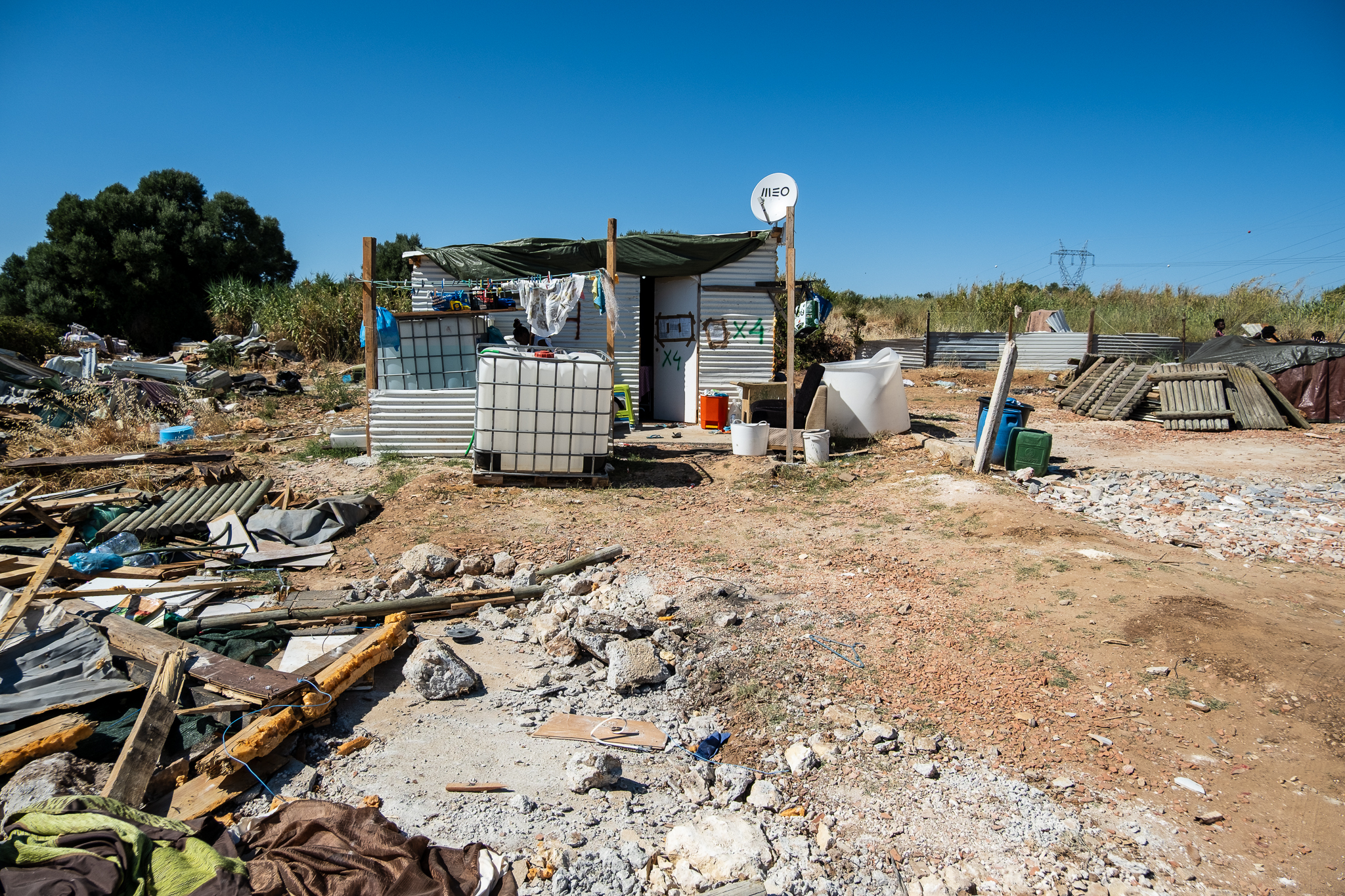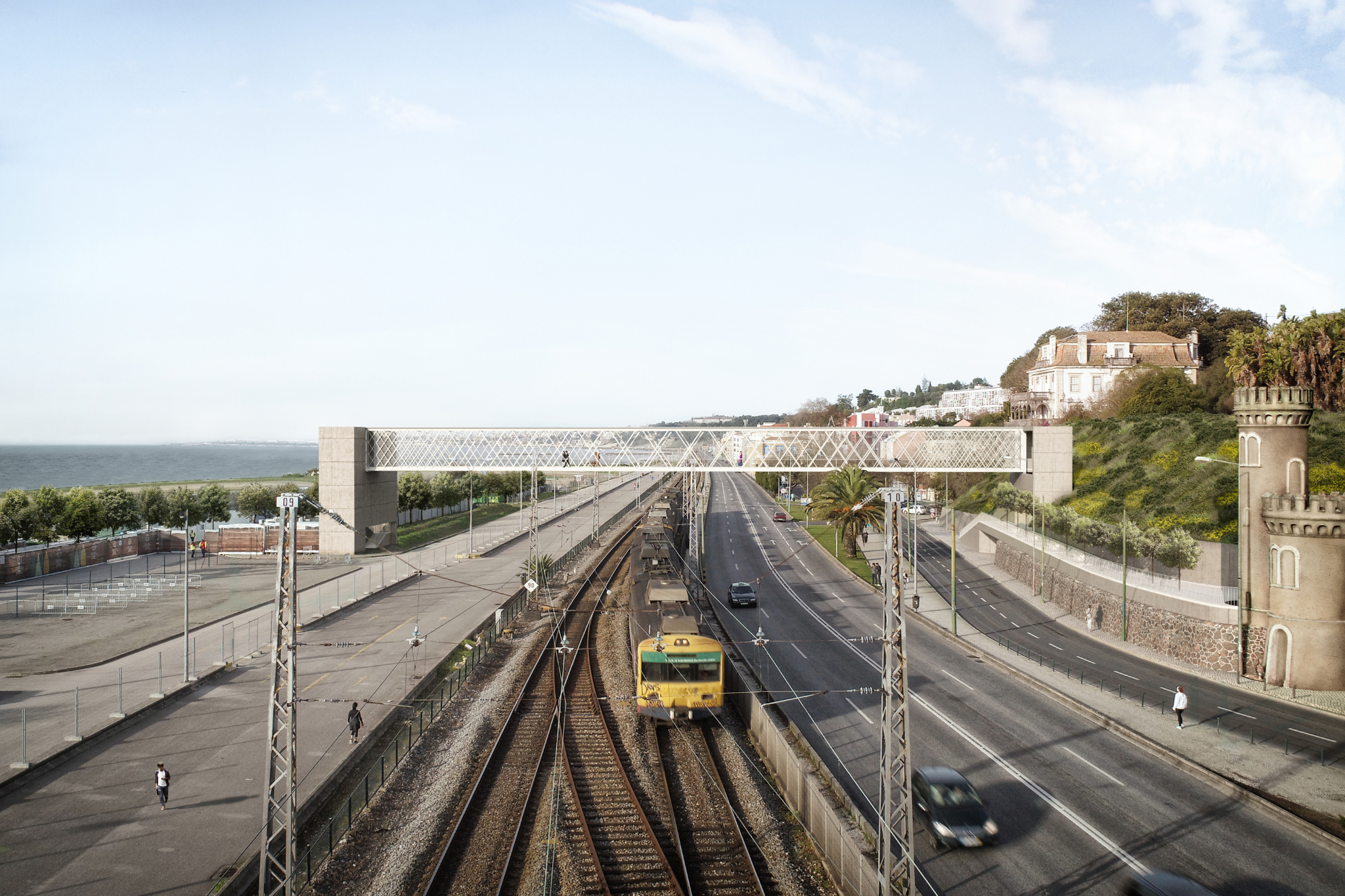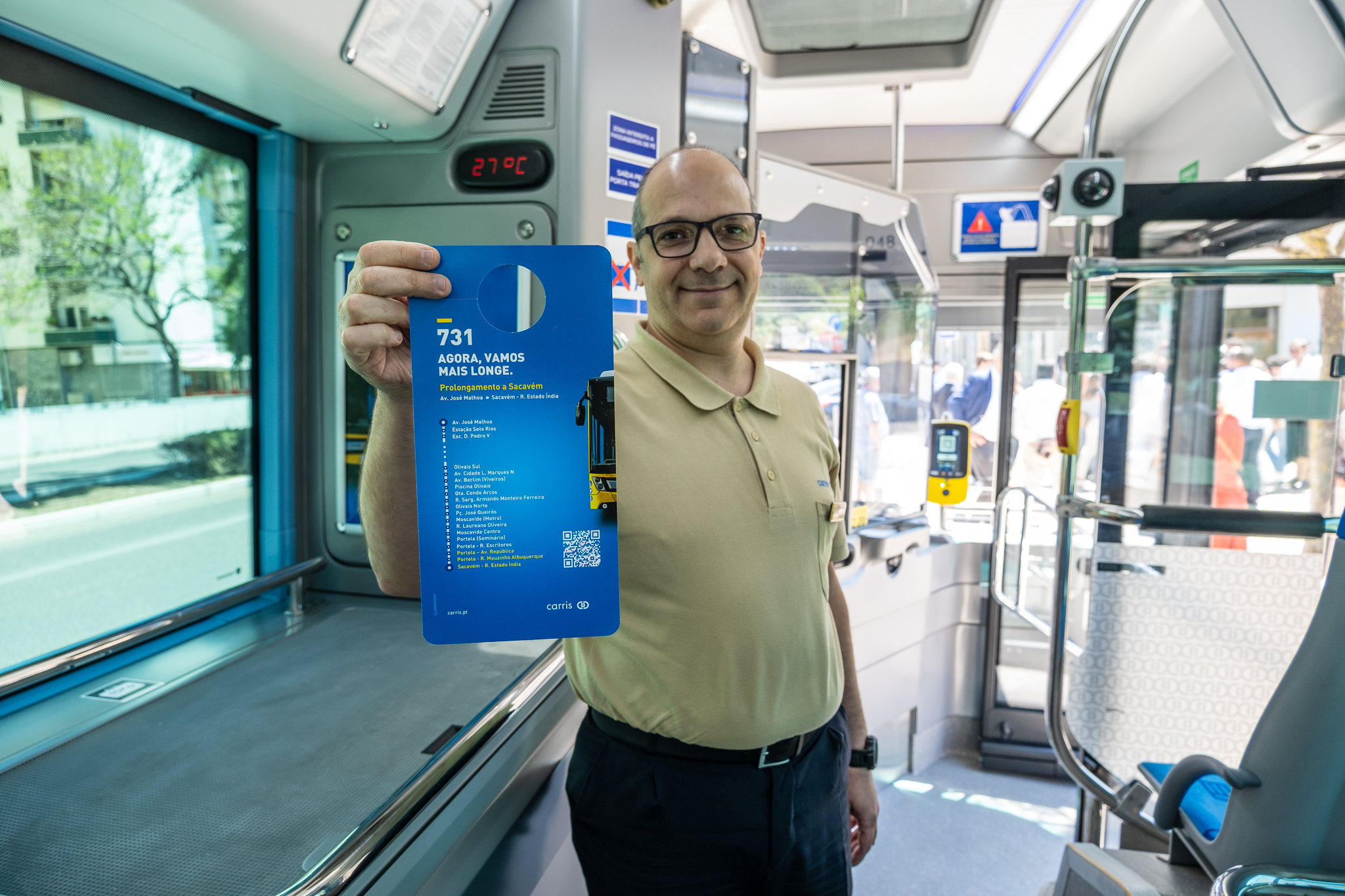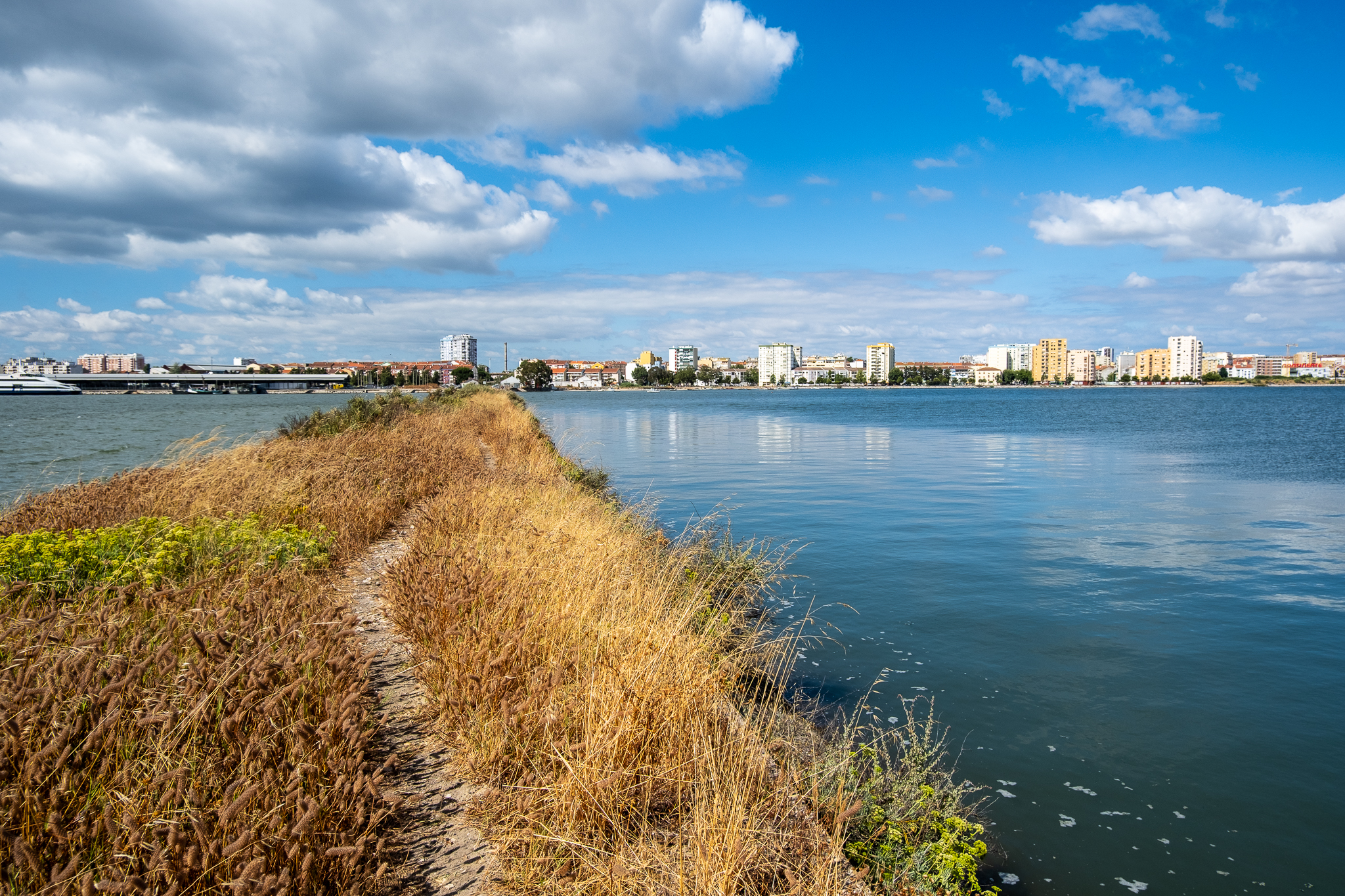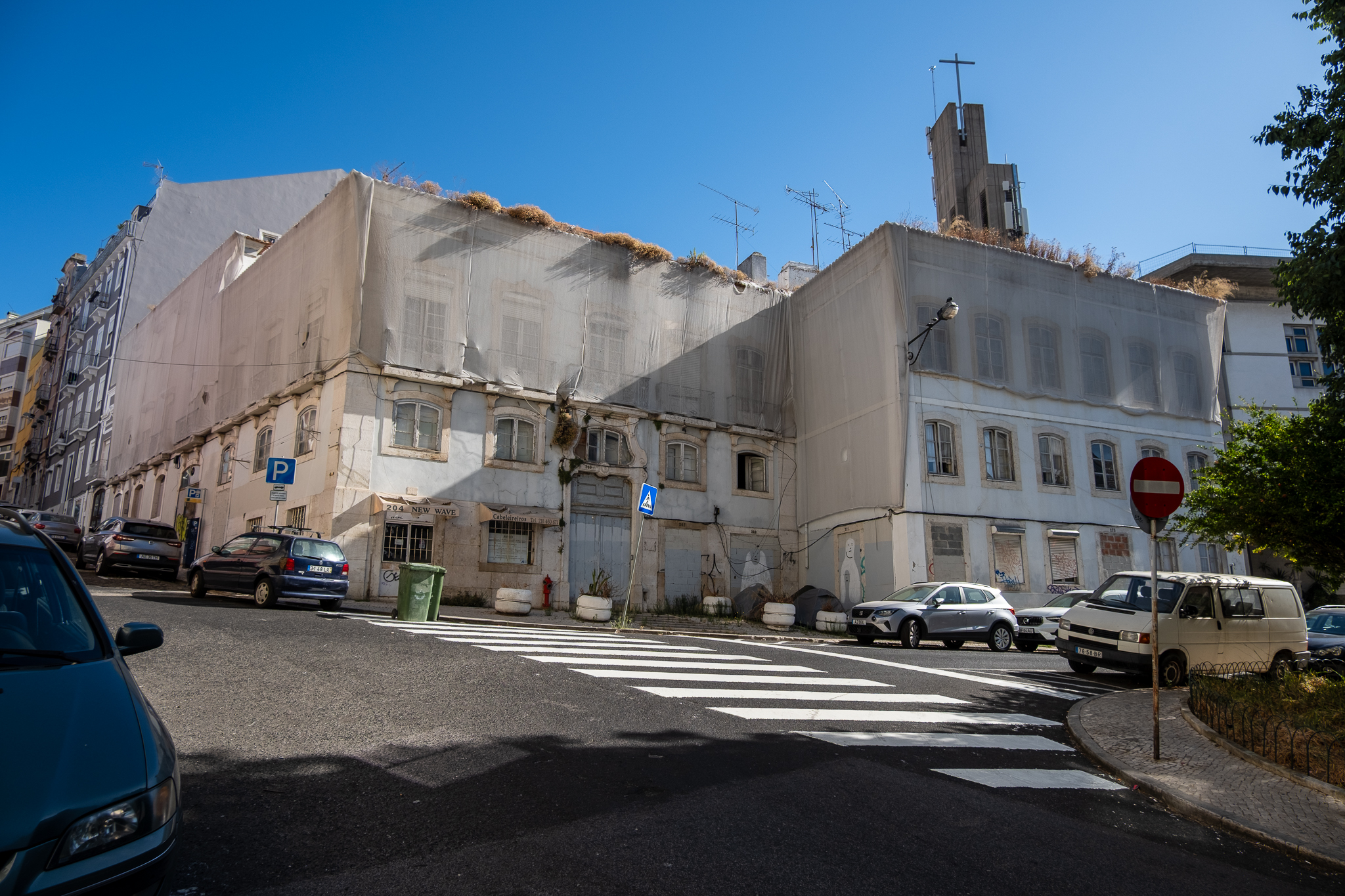Boats sitting idle waiting for maintenance, difficulties in the daily operation, lack of workers and unfilled vacancies, successive strikes in struggle for better salaries, new boats delayed... The public river transport has been in trouble and without answers.

Since the beginning of this year, at least, the river connections between the two banks of the Tagus have been shaky, splitting the Lisbon Metropolitan Area (AML) in two. In addition to successive strikes by the workers of TTSL, which provides public river transportation, the company has also had maintenance difficulties.
This past weekend, September 3rd and 4th, TTSL suspended vehicle transportation between Belém, Porto Brandão and Trafaria "for maintenance reasons". So as not to interrupt that connection again, as it did in an unprecedented way at the beginning of the summerThe operator will have continued to provide passenger transport. The statement published by TTSL on its website is sparse on details, as usual, but union voices have been quite clear on what is happening: TTSL has two vessels ferry for the Belem-Trafaria link, the Lisbon e Almadense; but the latter has been leaning against the wall for two years without any plans to repair it. So when the Lisbon breaks down or needs to be maintained, there are disruptions to the river connection between Belém, Porto Brandão and Trafaria.
According to TTSL's own websiteOn August 25, the transport of vehicles such as cars and motorcycles was interrupted between 10am and 12.30pm; a similar situation occurred on 18 different days this year, between January and July, making this public transport service unpredictable. The interruption that lasted almost a week earlier this summer, between July 27 and August 5, was the most significant on the Belém-Trafaria link in recent years. Without warning and without detailed explanations, TTSL suspended its ferry. On his website, he only wrote "technical reasons" and that he couldn't predict the length of the suspension. To the local newspaper AlmadenseHe later explained that it was a "unexpected technical breakdown of the ferry operating on this route".
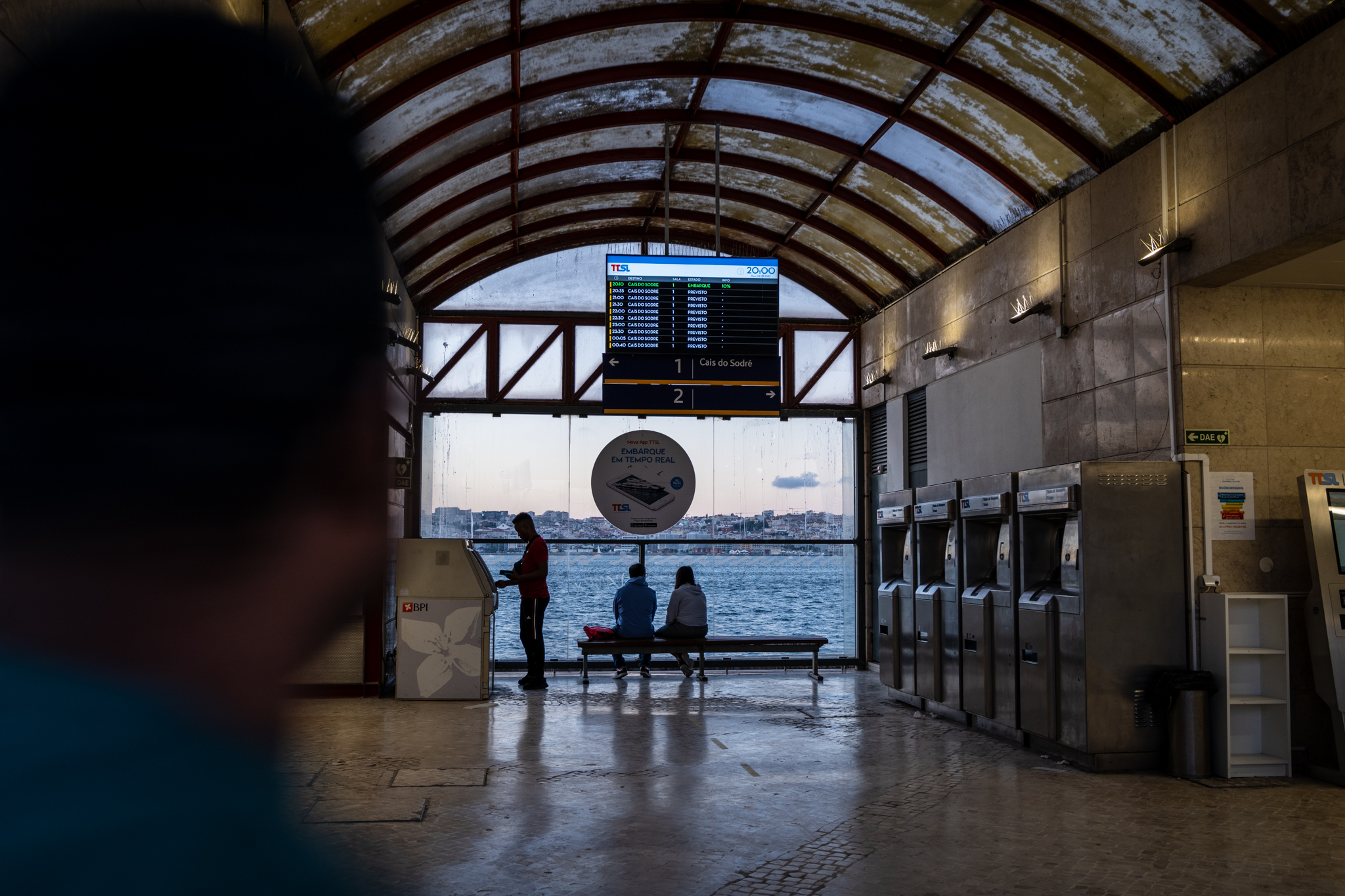
Fewer boats, more breakdowns
To the same newspaperLuís Leitão, coordinator of the Setúbal Trade Union Union/CGTP-IN, regrets that the boats are constantly giving problems. "There's a lack of preventive maintenance"he points out, noting that "boat maintenance should be scheduled in advance". Leitão explains that, in the case of the Belém-Trafaria link, when the ferry Almadense has problems "there is no alternative" because another ferry, the Lisbonpurchased in 2011 for the same crossing, has been stranded for years due to a "manufacturing problem". However, "if preventive maintenance had been carried out, the ship could have been working"believes the coordinator of the Setúbal Trade Union Union, for whom the situation is "difficult to understand".
According to data from TTSL, provided to Lusa news agency, a the number of vessels suitable for river connections has been falling over the last three years, standing at 60% in the first seven months of 2022. This fleet availability rate was 68% in 2019, 65% in 2020 and 59% in 2021. At the same time, in the first seven months of the year there was an increase of 9% in the number of fleet breakdowns compared to the same period in 2021. However, when analyzing the records of the last three years, there has been a downward trend in this indicator: in 2020, the fleet had 21% fewer breakdowns than in 2019 and, in 2021, 16% fewer than in 2020.
| Year | Availability | Malfunctions |
|---|---|---|
| 2022 (Jan-Jul) | 60% from the available fleet | Increase of 9% compared to the same period in 2021 |
| 2021 | 59% from the available fleet | 16% fewer breakdowns compared to 2020 |
| 2020 | 65% from the available fleet | 21% fewer breakdowns compared to 2019 |
| 2019 | 68% from the available fleet | - |
Luís Leitão told Almadense that also in Cacilhas "there are boats berthed at the moment". For the trade unionist, TTSL accumulates "years and years of mismanagement of the public cause" and blames both the company's management and the government, in particular the Ministry of the Environment, which oversees the river operator. It shows "worried about the start of the school year" and says that "we run the risk of something similar happening to what happened in 2015, with a breakdown in service".
More passengers, lack of workers
Despite all the constraints, TTSL recorded a positive evolution in the number of passengers transported between 2013 and 2019, rising from 15.2 to 19.3 million. In the following two years, there was a significant reduction due to Covid-19: 10.7 million transported in 2020 and 10.6 million in 2021. TTSL has struggled to recover to the pre-pandemic scenario: river connections had 7.609 million users in the first half of this year, 19% below the 2019 figures, according to the latest data.
In addition to all the problems in ensuring the availability of boats for regular service, the transport company has been the scene of several strikes by workers in recent months, who are fighting for pay rises, among other rights. In fact, in 2022, TTSL workers were among those who went on strike the most in the AML public transport sector, with no adequate response from the company's management or the Ministry of the Environment, as happened with the Lisbon Metro.
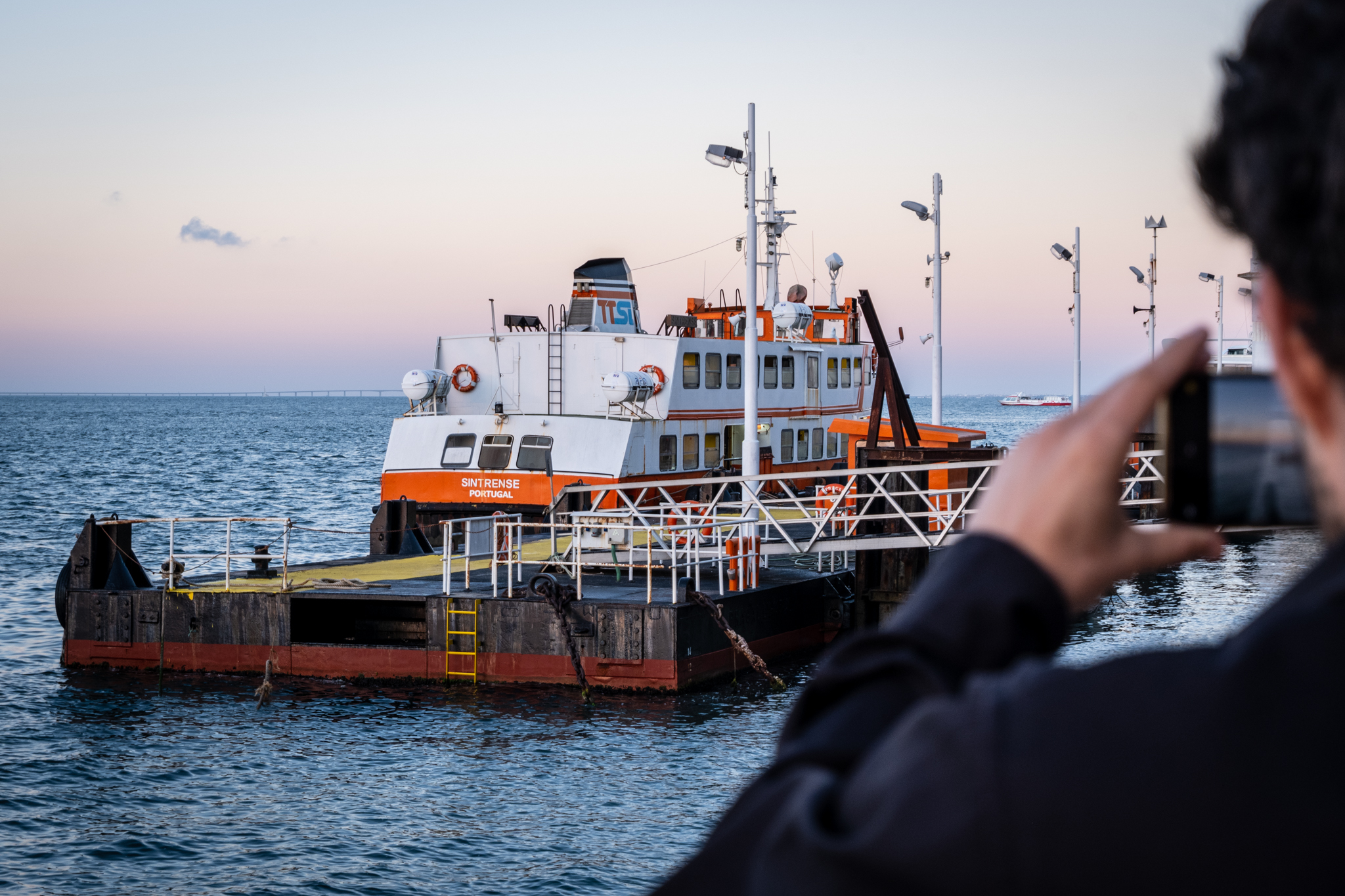
Carlos Costa, leader of the Federation of Transport and Communications Trade Unions (FECTRANS), supports the position of his colleague from the Setúbal/CGTP-IN Trade Union Union Union. "Many of the ships are broken down and stuck in docks waiting for major repairs." And he points out that there is a shortage of workers, even though tenders have been published. “The company needs 50 employees to standardize a service. But the vacancies are not being filled because the financial conditions are not attractive"He told Lusa that this was the case with the train drivers: at TTSL they earn around 800 euros, while other private companies operating on the Tagus get double that amount.
TTSL's management explains to Lusa that the various recruitment and selection processes are due to the fact that new vacancies have arisen during them. The company has yet to fill vacancies caused by the departure of workers, and requests for authorization to hire workers are still being prepared. The river carrier currently has 429 employees on its staff, of whom 242 (56%) are seafarers.
New boats delayed
TTSL is buying 10 electric ships for an investment of 52.4 million eurosof which four must be delivered between December this year and June nextanother four by the end of 2023 and the last two in 2024. The arrival of the first new vessels - bought from Spanish shipyard Astilleros Gondán - was scheduled for the end of 2020. But the contract for the construction of the 10 vessels to reinforce the supply of river transportation in the Lisbon Metropolitan Area was only signed in January 2021, when delivery was expected to begin in April 2022. At the time, TTSL considered it to be an investment "in an environmentally sustainable fleet of ships, equipped with an electric 100% propulsion system, with lower energy consumption than current ships and no GHG emissions [in 2019, diesel consumption was around 5.249 million liters, corresponding to the emission of 13,122 tons of CO2]"This is in line with decarbonization policies.

However, these new ships, which will renew TTSL's fleet, will only be able to start operating after the conclusion of the public tender for the construction of the charging stations, which has just been launched for the third time, according to Almandense. "The tender launched in May was terminated due to the exclusion of the proposals submitted and, on August 10, a new tender was launched, and it is not yet possible to predict when this process will actually be concluded."a source from the public company told the local newspaper. O Almadense reports that, In the first attempt, launched in September last year, TTSL intended to pay 8.6 million euros for the charging stations. In the second attempt, in May of this year, the carrier raised the amount to 16 million euros, which was maintained in the third tender.
TTSL has not made any forecasts for the new fleet's entry into service, telling Almadense that "the new electric ships will enter service after their arrival and the training of their crews". Energy batteries "will be supplied in parallel with the delivery of the ships" and charging stations "will be installed at the Seixal, Cais do Sodré, Cacilhas and Montijo river terminals". But Luís Leitão is concerned about the delay in building these new stations: "We run the risk of the boats arriving but there being no way of loading them"said the coordinator of the Setúbal Trade Union Union/CGTP-IN.

